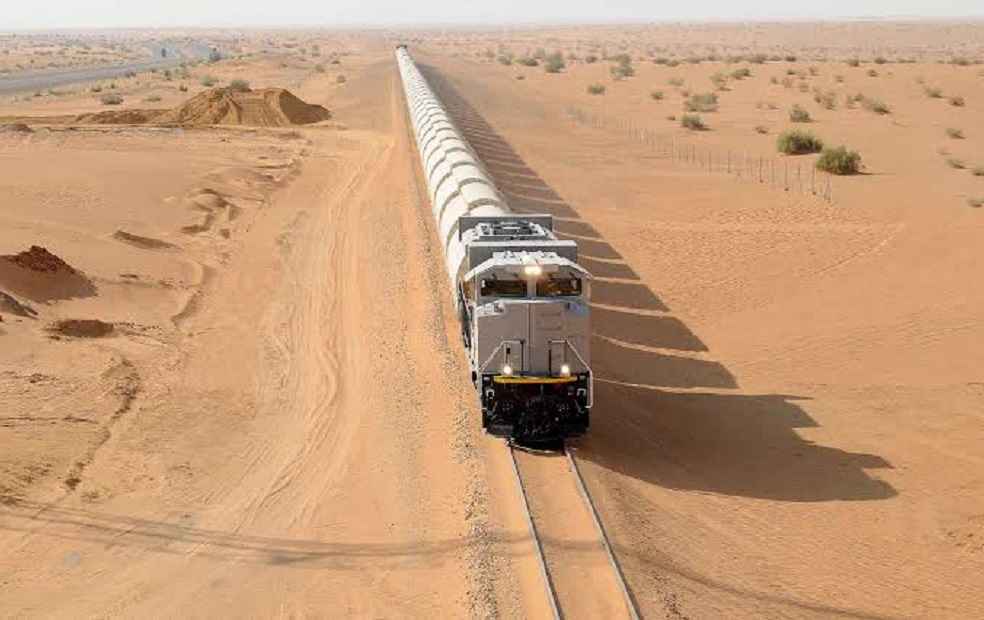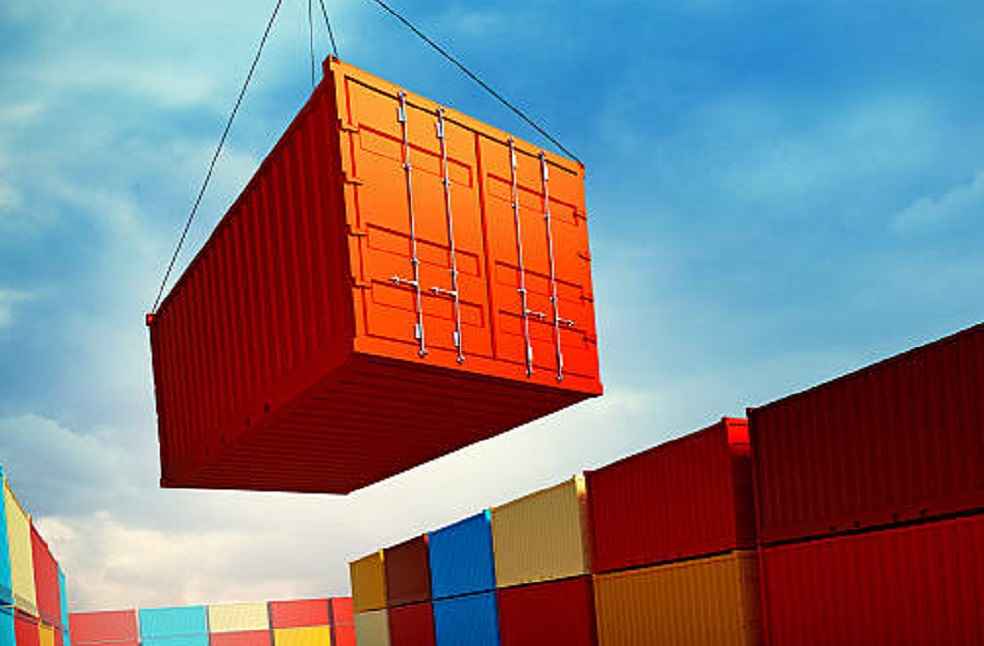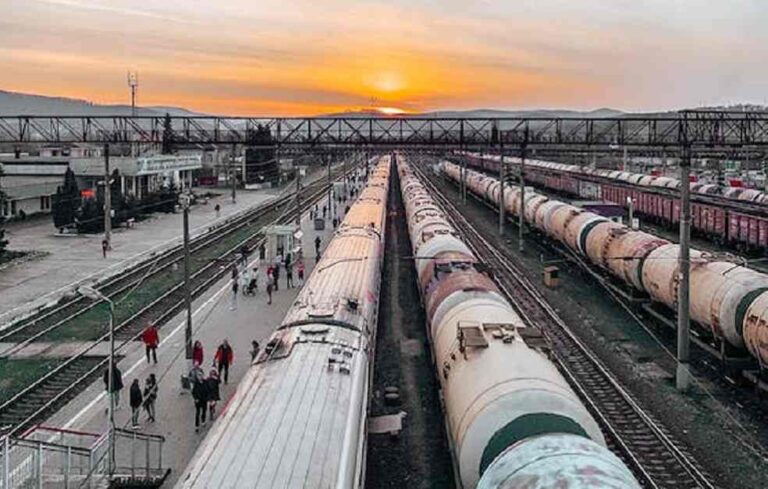Uzbekistan dispatched its first container train to Brazil on December 11. The train, loaded with 54 forty-foot containers, each carrying 28 tons of urea, departed from the First Dry Port Terminal (FDP) in Tashkent. This marks a significant milestone in Uzbekistan’s logistics and export capabilities.
The train’s journey will span multiple countries, traveling through Uzbekistan, Turkmenistan, Azerbaijan, and Georgia before reaching the port of Poti. From there, the containers will be shipped via sea to Paranaguá Port in Brazil. The entire delivery process is estimated to take between 60 and 70 days, with the land route covering approximately 20 days and the sea route from Poti to Paranaguá requiring 35 to 45 days.

The successful execution of this initiative underscores the efficiency of Uzbekistan’s logistics infrastructure. Uzkimyoimpeks, the sole agent for export-import operations in Uzbekistan’s chemical industry, and the First Dry Port Terminal have played pivotal roles in ensuring seamless operations across transport modes. This collaboration demonstrates Uzbekistan’s growing capabilities in facilitating international trade.
Despite the achievement, some observers questioned the route’s efficiency, suggesting Iranian ports might provide more optimal cargo flow options. However, restrictions on certain goods at Iranian customs points could have influenced Uzbekistan’s decision to opt for the current route.

This development follows Uzbekistan’s earlier breakthrough in global trade logistics. In August, the country successfully received its first commercial shipment of U.S. soybean meal via a trade route passing through Türkiye, Georgia, Azerbaijan, and Turkmenistan. This pilot project included three shipments totaling 150 metric tons and valued at $114,657. A ribbon-cutting ceremony at the Yangiyol Omuhta Yem facility, a key buyer of the soybean meal, highlighted the significance of this achievement.
With this milestone, Uzbekistan continues to enhance its role in international trade, showcasing its growing capacity to connect with markets worldwide. The launch of the container block train to Brazil is not only a testament to the country’s robust logistics network but also a signal of its ambitions to expand its global trade partnerships.
Policy & Law | ILO-Jordan Ink Pact to Boost Cooperatives and Decent Work



